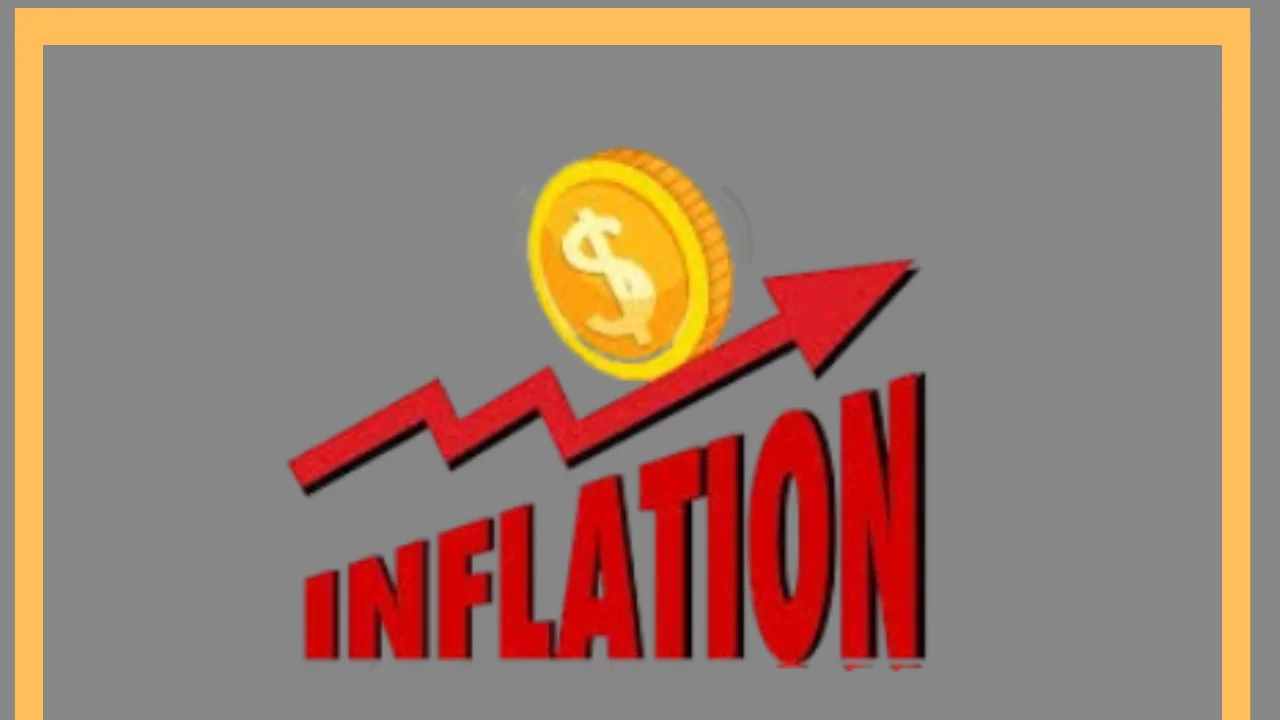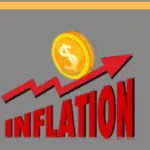In today’s economic landscape, the topic of inflation has become increasingly prevalent, capturing the attention of individuals, businesses, and policymakers alike. As the prices of goods and services continue to rise, the impact on our personal finances, particularly our hard-earned savings, can be profound. In this article, we’ll explore the intricacies of inflation, its erosive effects on purchasing power, and the strategies you can employ to safeguard your financial future.
Introduction to Inflation
Inflation is the sustained increase in the general price level of goods and services over time, leading to a decline in the purchasing power of a currency. It’s a crucial economic phenomenon that affects our daily lives, from the cost of groceries to the price of housing and beyond. Understanding the dynamics of inflation is crucial, as it shapes the real value of our savings and investments.
How Inflation Erodes Purchasing Power
The insidious nature of inflation lies in its ability to diminish the real value of our money over time. When we save, the nominal value of our savings may remain the same, but the actual purchasing power of those savings diminishes as prices rise. This concept of real versus nominal value is crucial in grasping the true impact of inflation on our financial well-being.
Factors Driving Inflation
Inflation can be driven by various factors, including demand-pull inflation, where strong consumer demand outstrips supply, and cost-push inflation, where rising production costs lead to higher prices. Monetary policy decisions by central banks, such as interest rate adjustments and money supply management, also play a significant role in shaping inflationary trends.
Measuring Inflation
Economists and policymakers rely on several metrics to gauge the level of inflation, such as the Consumer Price Index (CPI) and the Personal Consumption Expenditures (PCE) index. However, these measures have their limitations and are subject to ongoing criticism and debate.
The Impact of Inflation on Savings
As inflation erodes the purchasing power of our money, the real returns on our savings can quickly diminish, leading to a decline in our living standards over time. This underscores the importance of proactively addressing the impact of inflation on our financial well-being.
Investment Strategies for Beating Inflation
To combat the erosive effects of inflation, savers and investors can explore a variety of strategies, including investing in stocks and equities, real estate, commodities, and inflation-linked bonds. By diversifying and aligning your investments with inflationary trends, you can better protect your savings and potentially generate returns that outpace the rate of inflation.
Budgeting and Spending Habits in an Inflationary Environment
In addition to investment strategies, adapting your budgeting and spending habits can also help mitigate the impact of inflation. This may involve closely monitoring your expenses, negotiating for cost-of-living adjustments, and prioritizing essential spending over discretionary purchases.
The Role of Central Banks and Monetary Policy
Central banks, such as the Federal Reserve in the United States, play a crucial role in managing inflation through various monetary policy tools, including interest rate adjustments and money supply control. Understanding the central bank’s mandate and the delicate balance they must strike in controlling inflation is essential.
Global Perspectives on Inflation
Inflation is a global phenomenon, and its impact can vary significantly across different economies. Examining inflationary trends and lessons from high-inflation environments around the world can provide valuable insights into navigating the challenges posed by rising prices.
Protecting Your Financial Future
Ultimately, safeguarding your savings and financial well-being in the face of inflation requires a multifaceted approach. This may involve diversifying your investments, considering inflation-adjusted retirement accounts, and engaging with financial advisors to develop personalized strategies tailored to your specific circumstances.
Conclusion: Embracing Financial Resilience in the Face of Inflation
As we navigate the complexities of an inflationary environment, it’s crucial to cultivate a mindset of financial resilience. By understanding the dynamics of inflation, adopting proactive strategies, and remaining vigilant in our financial decision-making, we can better protect our savings and secure our long-term financial well-being.









